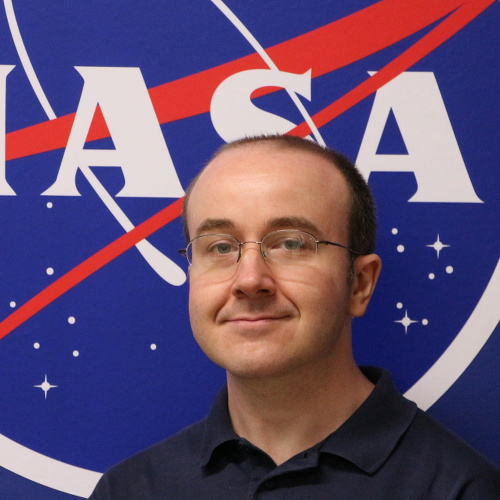“Robotic Sensing in Extreme Planetary Environments”
Wednesday, Aug. 4 at 1:00 pm
Via Zoom
Email communications@ece.ufl.edu for Zoom Info
Abstract
Extreme environments such as the lunar poles, surfaces of icy moons, and Martian caves represent treasure troves for scientific exploration. Yet, physically harsh and unusual optical conditions such as widely varying temperatures, intense radiation, total darkness, immense dynamic ranges, and hazardous retroflective dusts greatly challenge current robotic sensing paradigms. The unpreparedness of both human operators and existing algorithms for operation in these environments presents serious risks to future exploration missions. This talk will introduce common characteristics of extreme environments that are the target of current and upcoming planetary missions, through the lens of robotic sensing design. We then describe several relevant ongoing projects in the NASA Ames Intelligent Robotics Group addressing some of these challenges, approaches for which have encompassed photorealistic rendering for simulation, setting up giant sandboxes in a lab, terrestrial analog testing, and development of unorthodox robot systems from Tyrolean descenders to projectile sensors. Frequently underlying these is a drive towards model-based robotics, including modeling and exploitation of the optical principles governing appearance in planetary spaces, and biologically-plausible models of perception. Through such efforts, we seek to develop stepping stones and proving grounds for upcoming missions to these ever more extreme unexplored areas of the solar system.
Biography
Michael Dille is a senior computer scientist with KBR at the Intelligent Robotics Group at NASA Ames Research Center. His research broadly addresses state estimation using novel filtering techniques and sensing modalities, while exploring automated decision making to improve future expected sensing returns. He serves as the technical and design lead for vision-based hardware payloads for both the International Space Station and terrestrial UAV applications, designs small sensors for new planetary surface mission concepts, and has developed navigation schemes for a future lunar rover mission. Earlier work has included visual odometry, classical state estimation, and search/coverage algorithms for planetary rover prototypes and teams of small UAVs. Michael holds a Ph.D in robotics from Carnegie Mellon University.

